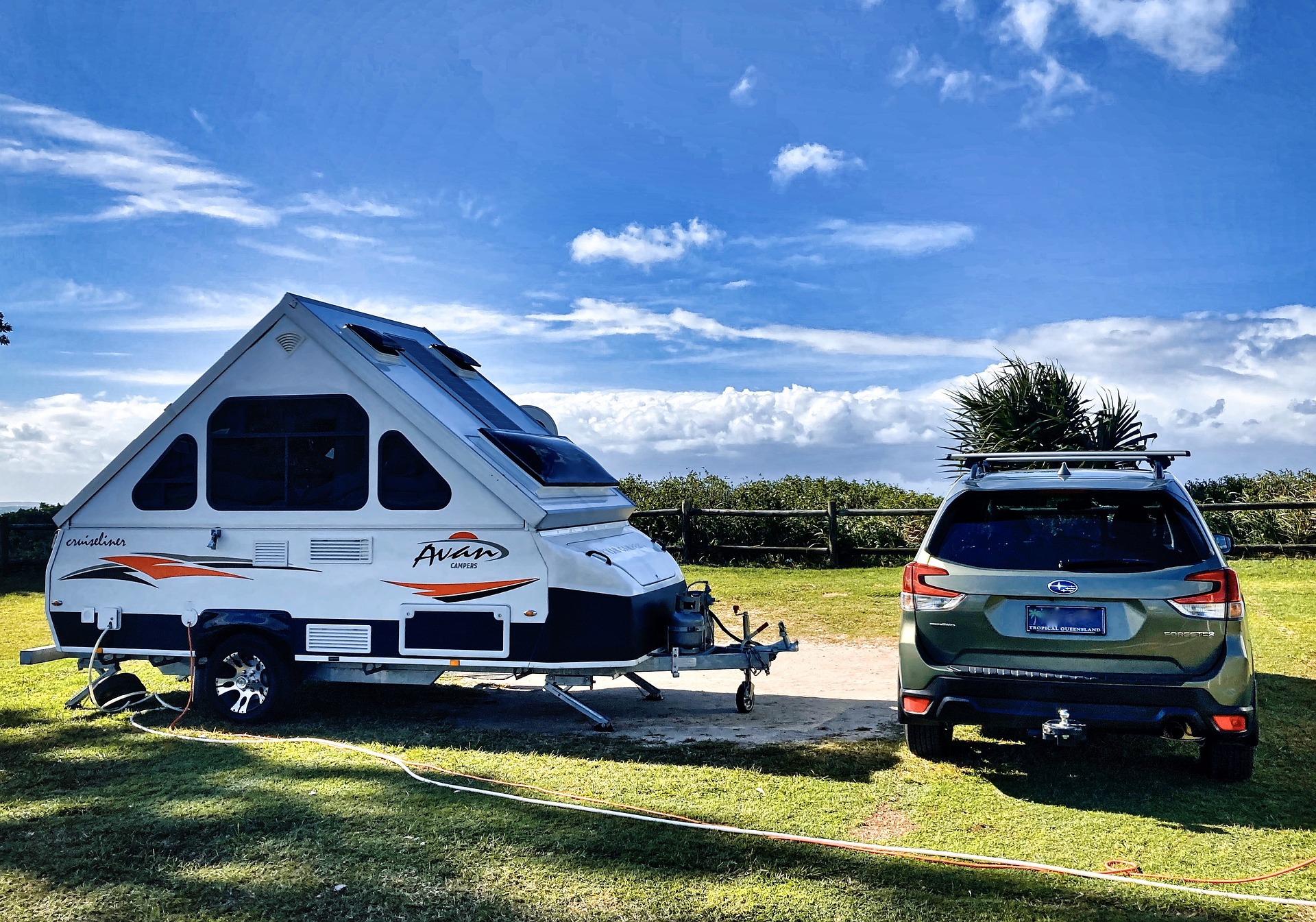12 Grants for Indigenous Communities Worldwide
Indigenous communities across the globe often face unique challenges in accessing financial resources for development and preservation of their cultures. Grants specifically tailored for these communities can provide crucial support for various initiatives. This article explores twelve grants available to indigenous communities worldwide, detailing their purposes, eligibility criteria, and application processes.

How do indigenous communities qualify for grant eligibility?
Understanding grant eligibility is a crucial first step for indigenous communities seeking financial support. Typically, eligibility criteria include:
-
Recognition as an indigenous community by national or international bodies
-
Demonstration of cultural preservation efforts
-
Proposed projects that align with sustainable development goals
-
Proof of community involvement and leadership in the proposed initiatives
Grant-making organizations often require applicants to provide documentation of their indigenous status, such as tribal enrollment records or official government recognition. Additionally, many grants prioritize projects that demonstrate a clear benefit to the community and align with the funding organization’s mission.
What funding opportunities exist for sustainable development projects?
Several grants focus on supporting sustainable development initiatives within indigenous communities. These opportunities often align with the United Nations Sustainable Development Goals and may include:
-
The Christensen Fund’s Indigenous Peoples Program
-
First Peoples Worldwide’s Keepers of the Earth Fund
-
Global Environment Facility’s Small Grants Programme
-
Conservation International’s Indigenous Leaders Conservation Fellowship
These grants typically support projects related to environmental conservation, sustainable agriculture, renewable energy, and traditional knowledge preservation. Applicants are usually required to submit detailed project proposals outlining their objectives, methodologies, and expected outcomes.
What steps are involved in navigating the grant application process?
Navigating the application process for indigenous community grants involves several key steps:
-
Research and identify suitable grant opportunities
-
Carefully review eligibility criteria and application guidelines
-
Gather necessary documentation, including proof of indigenous status
-
Develop a comprehensive project proposal
-
Secure letters of support from community leaders or partnering organizations
-
Submit the application before the specified deadline
-
Follow up with the grant-making organization if required
Many funding organizations provide resources to assist applicants, such as webinars, application guides, or direct consultation with program officers. It’s crucial to start the application process well in advance of the deadline to ensure all requirements are met.
What challenges do indigenous communities face in securing funding?
Indigenous communities often encounter several obstacles when seeking grant funding:
-
Limited access to information about available grants
-
Language barriers in application materials
-
Lack of technical resources for proposal development
-
Competition for limited funding pools
-
Complex reporting requirements
-
Misalignment between grant objectives and community needs
To overcome these challenges, some organizations offer capacity-building programs specifically designed for indigenous communities. These programs aim to enhance grant-writing skills, project management capabilities, and financial reporting competencies.
Where can indigenous communities find resources for researching grants?
Several resources are available to help indigenous communities research and identify relevant grant opportunities:
-
The International Funders for Indigenous Peoples (IFIP) database
-
The Native Americans in Philanthropy (NAP) resource center
-
The United Nations Permanent Forum on Indigenous Issues (UNPFII) website
-
Regional indigenous organizations’ newsletters and websites
-
Government agencies focused on indigenous affairs in respective countries
Additionally, many philanthropic organizations maintain dedicated web pages listing grant opportunities for indigenous communities. Regularly checking these resources and subscribing to relevant newsletters can help communities stay informed about new funding opportunities.
What are some notable grants available for indigenous communities?
| Grant Name | Provider | Key Features |
|---|---|---|
| Indigenous Peoples Assistance Facility | International Fund for Agricultural Development (IFAD) | Supports small projects designed and implemented by indigenous peoples |
| Indigenous Rights Program | The Rainforest Foundation US | Focuses on land rights and forest protection |
| Indigenous Peoples Grant Program | Cultural Survival | Supports community media and advocacy projects |
| Indigenous Communities Fund | Seventh Generation Fund for Indigenous Peoples | Offers grants for various community-driven initiatives |
| Pawanka Fund | Global network of Indigenous leaders | Supports indigenous-led projects worldwide |
| Indigenous Peoples Grants | The Christensen Fund | Supports biocultural diversity and indigenous rights |
These grants represent a diverse range of funding opportunities for indigenous communities worldwide. Each grant has its specific focus areas, eligibility criteria, and application processes. Indigenous communities should carefully review the requirements and alignment with their project goals before applying.
In conclusion, while navigating the landscape of grants for indigenous communities can be challenging, numerous opportunities exist to support sustainable development, cultural preservation, and community-driven initiatives. By understanding eligibility criteria, exploring various funding options, and utilizing available resources, indigenous communities can increase their chances of securing vital financial support for their projects and aspirations.




